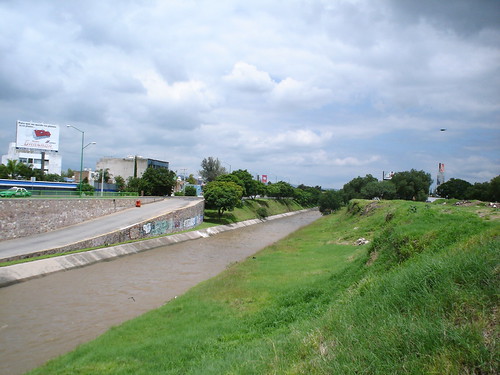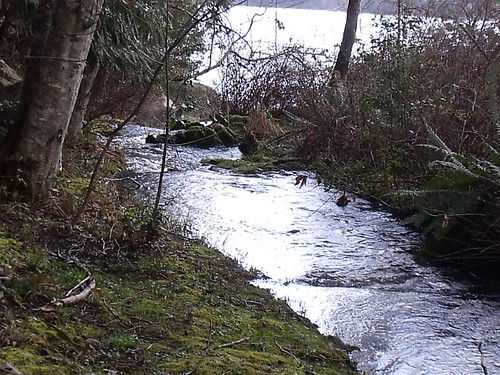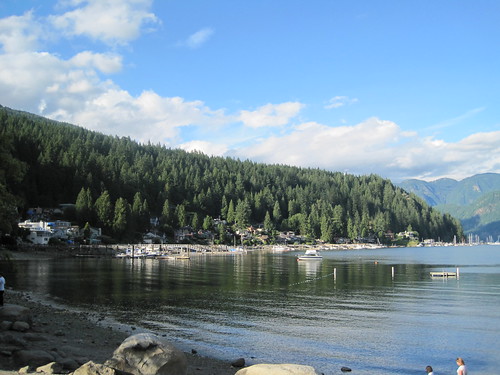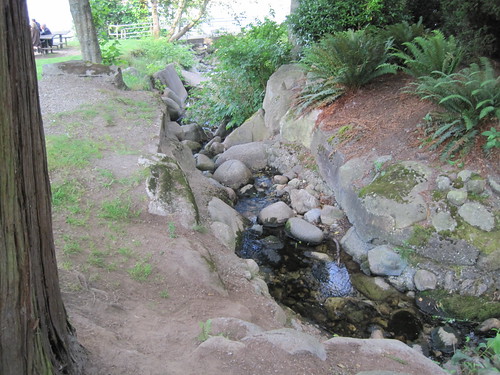I have been reading Jamie Linton’s book What Is Water (UBC Press, 2010). Linton’s book builds a theoretical framework based on relational dialectics. Linton explores humans in their relationship to water (in some ways, achieving a degree of reification of water that almost borders with making water an actual living entity).
Normally, I never write “personal posts” on my research blog as I have a personal one for that kind of endeavour. But what made me reconsider this approach was a recent visit to Deep Cove in North Vancouver. I hiked Quarry Rock with my NSPIL and as we passed several waterfalls, I stopped to reflect on what drives social scientists to work in the water field. I mentioned Linton’s work and indicated that perhaps scholars in the social sciences feel they have a special relationship with water.
For those of you who are well versed in constructivist approaches, or are fluent in some fields of the human geography literature, this notion of “exploring the relationship of humans to water” is perhaps not foreign. For a positivist, neo-institutionalist like me, it’s actually quite challenging. As a chemical engineer, I have seen water as a chemical compound that is vital for biological functions. As a social scientist, I see water as a substance that has historically been polluted and wasted. I see wastewater as the missing piece in the hydrological cycle puzzle. I don’t “feel” a particular “relationship to water”. I explore the rules and norms that govern water use (and misuse). But I fail to see myself in a particular kind of relationship with water itself.
Ironically, as I stopped in my tracks to listen to the water trickling, I looked at how pristine it was. I thought about the ways in which we continue to pollute it and how much it irks me to see water being wasted. And I made the comment that perhaps I’m beginning to understand this relational dialectics to water. I feel the need, the urge and the mandate to protect water, to teach people (primarily my students, but also my peers) how to conserve water and to encourage the appropriate treatment of wastewater.
I’m learning a new relational approach to water governance.





It sounds like you’re thinking more strongly about your own relationship to water! I think this is great…maybe augmenting your positivism?